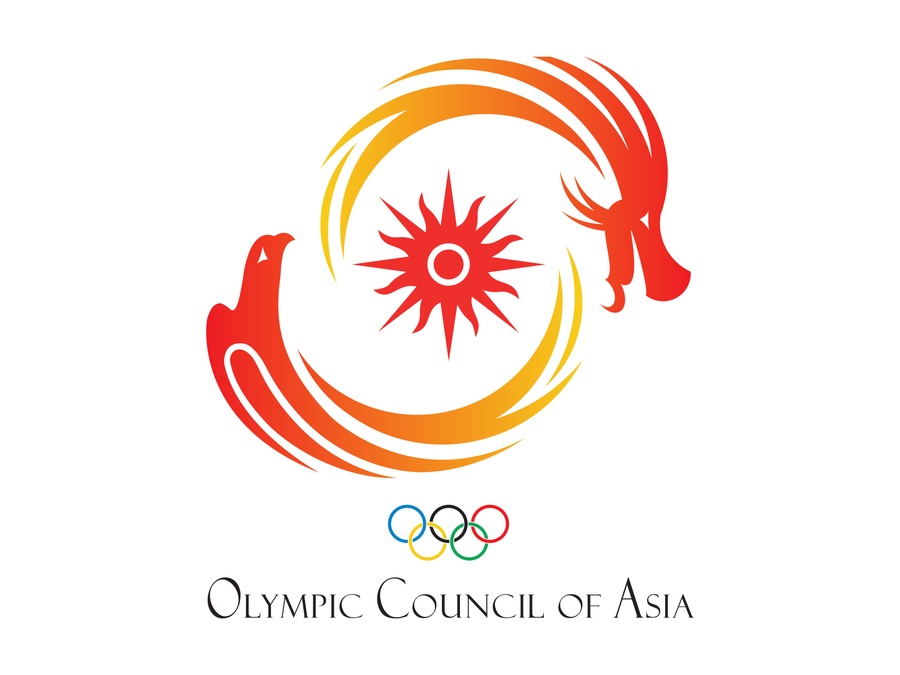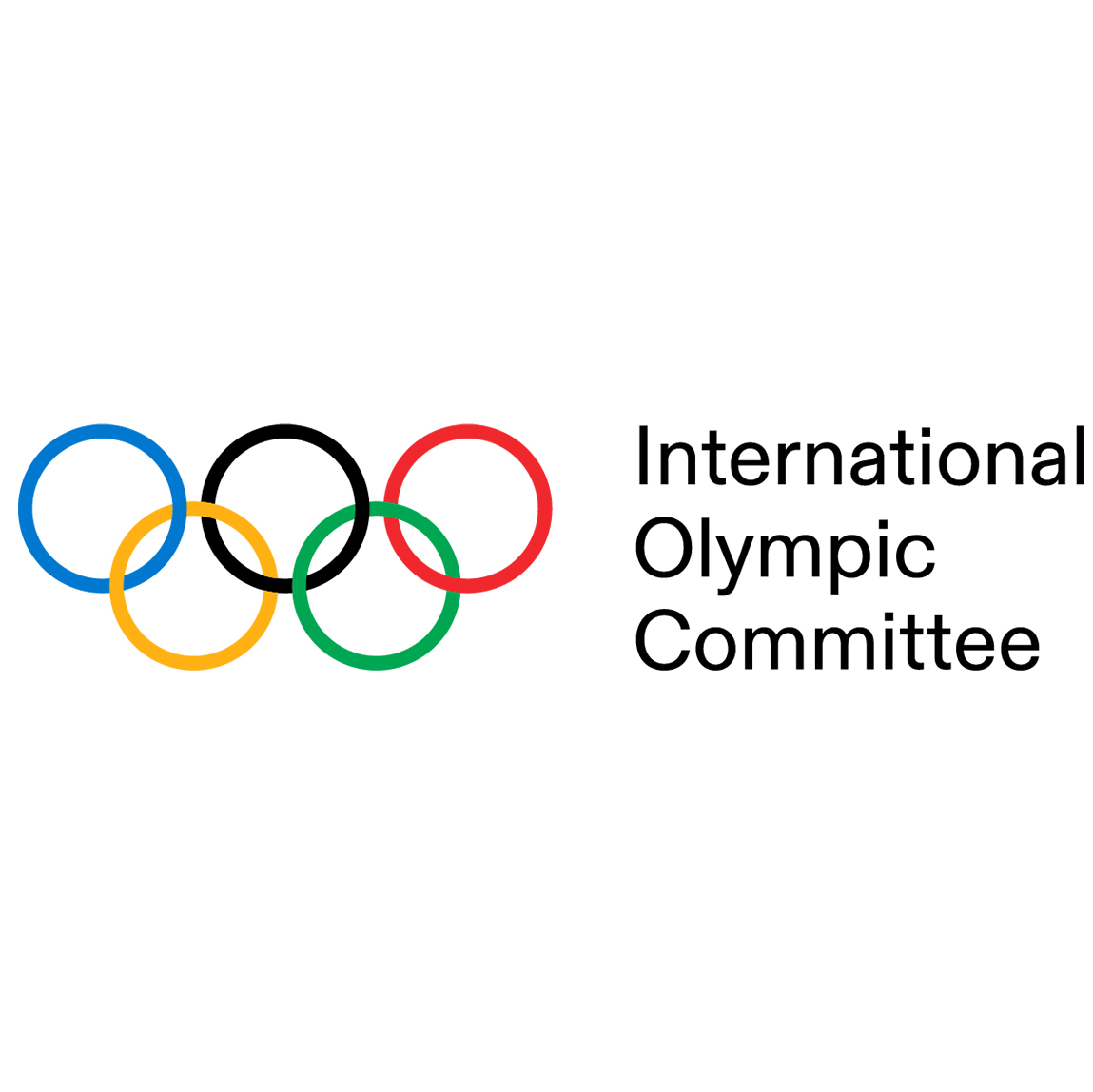
OCA marks World Mental Health Day with commitment to ‘safe sport’ future
The Olympic Council of Asia marks “World Mental Health Day” on 10th of October with an assurance that the OCA is fully committed to providing and promoting a “Safe Sport” environment for our athletes at all levels.
The OCA has already taken big steps forward in this matter and places “Safe Sport” as a top priority in the promotion of mental health and well-being.
“Our athletes must have the confidence and trust to train and compete in a positive environment where they are free from all kinds of abuse, be that verbal, physical or even sexual,” says Sabine Fakhoury, OCA Gender Equity and Safeguarding Manager.
“For the first time at the Asian Games, in Hangzhou last year, the OCA appointed a Safeguarding Officer and established a hotline for anyone who experienced or witnessed such an incident to report the matter in strictest confidentiality.
“Safeguarding contributes significantly to the mental health of an athlete – and to anyone in the workplace of the Olympic sports movement in Asia. This is especially significant as the theme of today’s World Mental Health Day is ‘Mental Health at Work’.”
The OCA is integrating “Safeguarding” into all aspects of its work, including the Youth Development Camp for athletes and coaches, the Chefs de Mission Seminar ahead of a major Games and the Development Programme for coaches and referees, as well as hosting dedicated seminars and workshops either on-line or in-person.
Sabine adds: “In order to further promote our work in this field, OCA is hosting a Safeguarding Workshop in Bangkok, Thailand on 5th of December.
“We have invited all 45 National Olympic Committees to send one delegate – the NOC Safeguarding Single Point of Contact (SPOC) appointed by the NOC. Registration is open until 30th of October and we encourage all NOCs to join this very informative and interesting workshop and to build up a network of contacts in this increasingly important and specialised field.”
To summarise the OCA work on World Mental Health Day, Sabine concludes: “We know that effective safeguarding practices can directly enhance athletes’ mental well-being. As well, Safeguarding measures – such as creating safe environments, promoting respect and establishing clear reporting protocols – help prevent abuse and neglect, which can lead to mental health issues.”
























